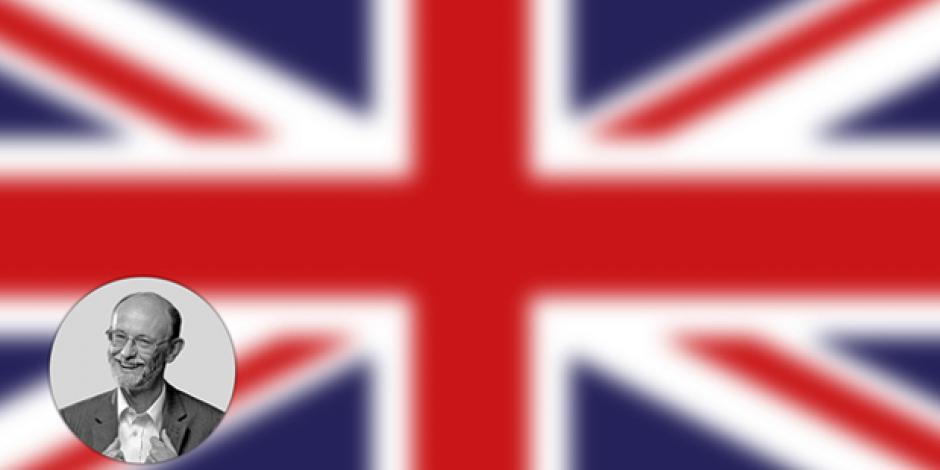Starten Sie den Audio-Text
Mit dem Audio-Player können Sie sich den Text anhören. Darunter finden Sie das Transkript.
Transcript: Less news, more fantasy!
It’s good to know what’s happening in the world, but you can overdo it and watch the news too often. We come to depend on it, growing nervous when we haven’t seen it and even more nervous once we have.
And how do you choose from all the different sources of information? If you watch ITV (Independent Television)brit. Netzwerk aus mehreren kommerziellen FernsehsendernITV, you get the famous bongGlockenschlagbongs of Big Ben at the start of News at Ten. If you switch to the BBC for the ten o’clock news, you avoid the advert (UK) (ifml.)(Fernseh)Werbungadverts, but the BBC simply advertises its own programmes instead.
It’s tiresomeleidig, langweiligtiresome, but now and then, you hear something interesting. There was a BBC drama series last year called Life. We heard the announcer say: “Life begins next Tuesday evening at nine o’clock.” Well, life’s left it a bit late, but better late than never.
More worryingly, BBC Radio 4 has a news programme on Sundays called The World this Weekend. It’s a good programme, but when it’s over, we are told that it’s “the end of the world this weekend”.
The end of the world? Can’t it be next weekend? My car’s booked in for its MOT (Ministry of Transport) testetwa: TÜV UntersuchungMOT test on Wednesday. I’d better find that special bottle of cognac I’ve been saving and open it quick.
I’m not the first person to get nervous while listening to the radio. Back in 1938, for example, when American radio broadcast a dramatized version of The War of the Worlds — a science-fiction story by H. G. Wells in which hostilefeindlichhostile MartianMarsmenschMartians invade earth — some listeners are said to have to panicin Panik geratenpanicked, believing that the invasion was real!
The end of the world in a science-fiction story is nothing new. In any Hollywood blockbuster, it’s it’s curtains for sth./sb. (ifml.)zappenduster für etw./ jmdn. werdencurtains for the earth unless superheroes stop what they’re doing and come to the rescue — like Ironman. I imagine he normally spends his time to ironbügelnironing, until someone tells him that there are more important things to do than housework.
These films are really children’s comics with technology added for adults. Then, whatever the crisis, Captain America has the answer.
This is brainwashing, really, but perhaps it’s not the end of the world if we watch films about the end of the world when we should be worrying about the actual end of the world.
If it’s OK to let the cinema treat adults like children, I’ll take the films about Paddington — a little bear from South America who has all kinds of adventures after he travels to London. We see the capital through very rose-tinted glassesrosarote Brillerose-tinted glasses, but also get a lovely tour of the city, especially in Paddington 2.
If you can take more brainwashing about London, try Mary Poppins Returns, a musical fantasy in which a family are on the to be on the point ofkurz davor stehenpoint of losing their home. As usual, there’s a deadline to beat, but don’t copy what they do in the film. spoiler alertSpoilerwarnung, Achtung SpoilerSpoiler alert: they climb Big Ben to turn back the clock by hand. It makes most superheroes look like amateurs.
Neugierig auf mehr?
Dann nutzen Sie die Möglichkeit und stellen Sie sich Ihr optimales Abo ganz nach Ihren Wünschen zusammen.



